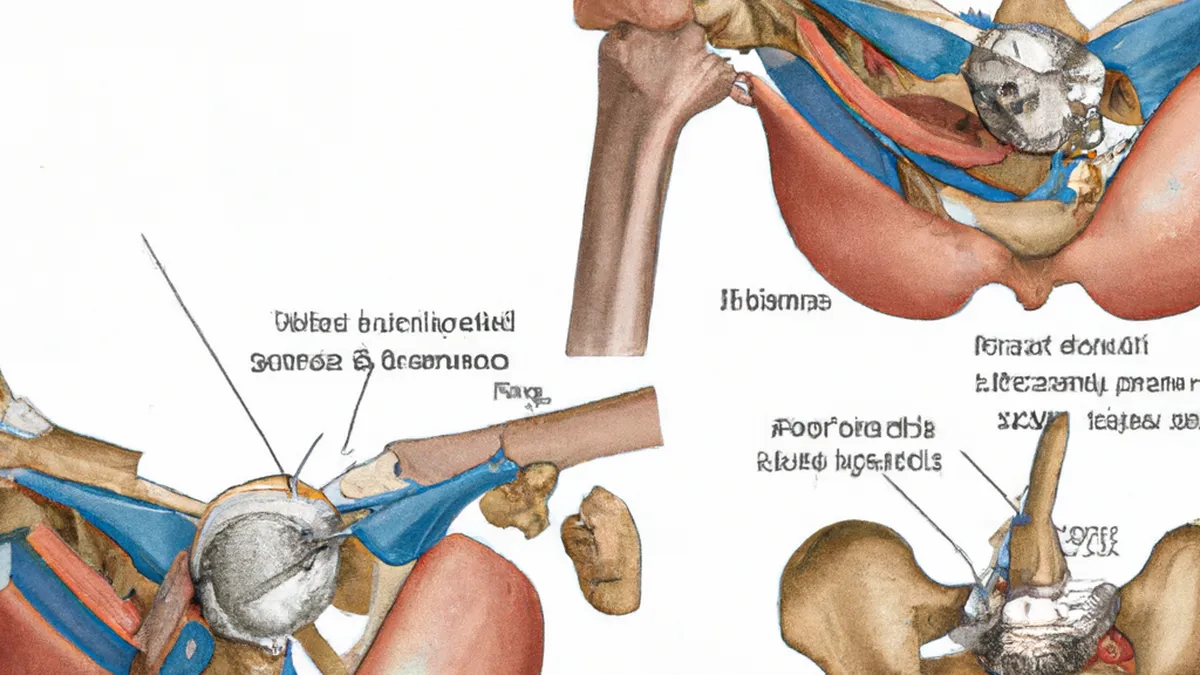Safeguard Your Rotator Cuff with Smart Practices
How to Teach Proper Mechanics to Prevent Rotator Cuff Injuries
Rotator cuff injuries can impede daily activities and athletic performance. Poor mechanics during repetitive shoulder motions often cause these injuries. Teaching proper techniques prevents injuries, enhances performance, and promotes long-term joint health. This blog post explores effective methods for teaching proper mechanics to protect the rotator cuff.
Understanding the Rotator Cuff
The rotator cuff consists of four muscles and their tendons, stabilizing the shoulder joint and enabling various arm movements. These muscles include the supraspinatus, infraspinatus, teres minor, and subscapularis. These vital muscles can strain or injure easily, especially during overuse or improper form. Understanding their function is crucial for injury prevention.
Recognizing the Risks
Certain activities increase the risk of rotator cuff injuries. Sports like baseball, tennis, and swimming stress the shoulder significantly. Poor mechanics during these activities further heighten the risk of injury. Recognizing these risks helps develop a proactive prevention strategy.
Common Symptoms of Injuries
People with rotator cuff injuries often report pain, weakness, and limited motion. Pain may localize in the shoulder or radiate down the arm, especially during overhead movements. Shoulder weakness can hinder both sports performance and daily tasks. Seek medical advice if experiencing these symptoms. Early intervention prevents further damage and ensures recovery.
Tips for Teaching Proper Mechanics
Teaching proper mechanics starts with understanding the biomechanics of various activities. Here are effective strategies to help individuals develop safe techniques for protecting their rotator cuffs.
Focus on Body Alignment
Proper body alignment prevents injuries. Instruct individuals to maintain a neutral spine and keep shoulders down and back. This position stabilizes the shoulder joint and reduces rotator cuff strain. For example, during a shoulder press, ensure elbows align with wrists and do not flare excessively. This alignment evenly distributes the load across the shoulder.
Emphasize Controlled Movements
Encourage slow and controlled movements during exercises. Rushing through workouts leads to poor form and increased injury risk. Teach individuals to prioritize technique over lifting heavier weights. For instance, during a bench press, they should lower the bar slowly and with control before pushing it back up. This controlled approach engages the rotator cuff muscles effectively and reduces strain risk.
Incorporate Strengthening Exercises
Strengthening the muscles around the rotator cuff provides essential support to the shoulder joint. Introduce exercises specifically designed to target these muscles.
Conclusion
In summary, teaching proper mechanics significantly reduces the risk of rotator cuff injuries. Understanding the risks, recognizing symptoms, and emphasizing proper techniques enhance safety and performance.
Below are related products based on this post:
FAQ
What are the main causes of rotator cuff injuries?
Rotator cuff injuries are primarily caused by poor mechanics during repetitive shoulder motions, particularly in activities like baseball, tennis, and swimming. Overuse and improper form significantly increase the risk of injury to the rotator cuff muscles.
How can proper body alignment prevent rotator cuff injuries?
Maintaining proper body alignment helps stabilize the shoulder joint and reduces strain on the rotator cuff. Instructing individuals to keep a neutral spine and align their elbows with their wrists during exercises, such as shoulder presses, ensures that the load is evenly distributed across the shoulder, minimizing the risk of injury.
Why is it important to emphasize controlled movements during exercise?
Emphasizing controlled movements during exercise is crucial because rushing through workouts can lead to poor form and an increased risk of injury. Teaching individuals to prioritize technique and perform movements slowly allows them to engage the rotator cuff muscles effectively and reduces the likelihood of strain.















Post Comment